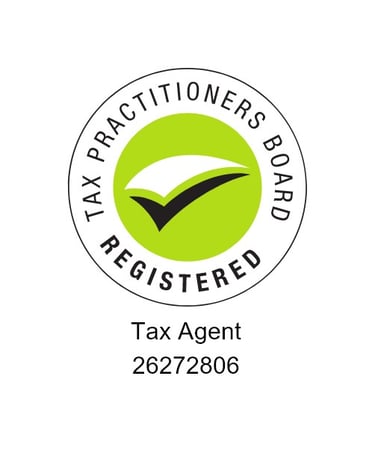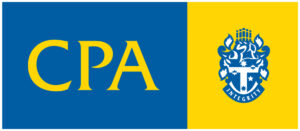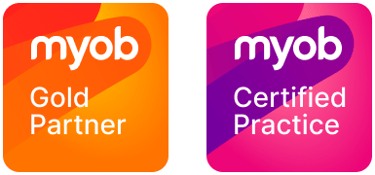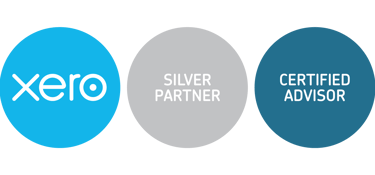Your business is in safe hands.
Tax Essentials for Contractors, Consultants, Freelancers, and Locums
Tax Essentials for Contractors, Consultants, Freelancers, and Locums
1/28/20252 min read


Tax Essentials for Contractors, Consultants, Freelancers, and Locums
Navigating tax obligations can be challenging, especially for independent professionals. To help you stay compliant and avoid costly mistakes, we’ve outlined the key tax requirements in a simple Q&A format. Below, you’ll find clear explanations to guide you through the process.
1. Do I Need a Tax File Number (TFN)?
Answer:
Yes. Your TFN is a unique identifier used by the Australian Taxation Office (ATO). Sole traders use their personal TFN, while businesses operating through a company, partnership, or trust must apply for a separate TFN.
https://www.ato.gov.au/individuals-and-families/tax-file-number
2. What Is an Australian Business Number (ABN), and Do I Need One?
Answer:
An ABN is essential for running a business. Without it, clients may withhold the highest tax rate plus Medicare from your payments.
3. What Is a Business Activity Statement (BAS)?
Answer:
A BAS is a report submitted to the ATO, detailing your income, expenses, GST, PAYG withholding, and PAYG instalments. It must be lodged monthly or quarterly.
4. Do I Need to Register for GST?
Answer:
If your business turnover exceeds $75,000, you must register for GST and charge 10% on your invoices. Failure to collect GST can result in you covering the liability yourself.
https://www.ato.gov.au/businesses-and-organisations/gst-excise-and-indirect-taxes/gst
5. What Are PAYG Instalments?
Answer:
PAYG (Pay As You Go) instalments are quarterly payments made through your BAS to cover your estimated income tax. First-year contractors are generally exempt until the following year.
6. What If I Hire Employees?
Answer:
If you employ staff, you must withhold tax from their wages (PAYG Withholding) and remit it to the ATO quarterly. This is reported in your BAS.
7. Do I Need to Pay Payroll Tax?
Answer:
Most small businesses don’t exceed the payroll tax threshold, but it’s important to verify this with your accountant. Each Australian state has its own rules.
8. When Is My Annual Tax Return Due?
Answer:
Annual tax returns cover the financial year (1 July – 30 June) and must be lodged for both individuals and businesses. Deadlines vary, so consult your accountant.
9. What Is Fringe Benefits Tax (FBT)?
Answer:
FBT applies to benefits provided to employees or their families, such as company cars for personal use. It runs from 1 April – 31 March and requires separate returns if applicable.
Why Is This Important?
Failing to meet your tax obligations can result in significant penalties, interest charges, and even legal issues. To avoid such scenarios, stay informed and consult your accountant or the ATO regularly.
Your Tax Compliance Checklist
To ensure you’re on track, here’s a summary of the key points:
TFN: Apply for a TFN (personal or business).
ABN: Obtain an ABN to avoid tax withholding.
BAS: Lodge monthly or quarterly BAS reports.
GST: Register for GST if turnover exceeds $75,000.
PAYG Instalments: Pay quarterly instalments for income tax.
PAYG Withholding: Withhold tax if you hire employees.
Payroll Tax: Check state-specific thresholds.
Annual Tax Return: Lodge by the due date.
FBT: Lodge FBT returns if applicable.
Next Steps
For further details, visit the ATO website or consult a AFSAA trusted tax professional. Staying informed and organized will help you avoid penalties and ensure your business runs smoothly.!
Get in touch
Contact us if you have any questions or to book a free initial appointment
Contact AFSAA, email us at admin@afsaa.com.au
Hany Berty (FCPA)
Tel: 04 9104 8800
Tel: 08 6384 6203








Liability limited by a scheme approved under Professional Standards Legislation

